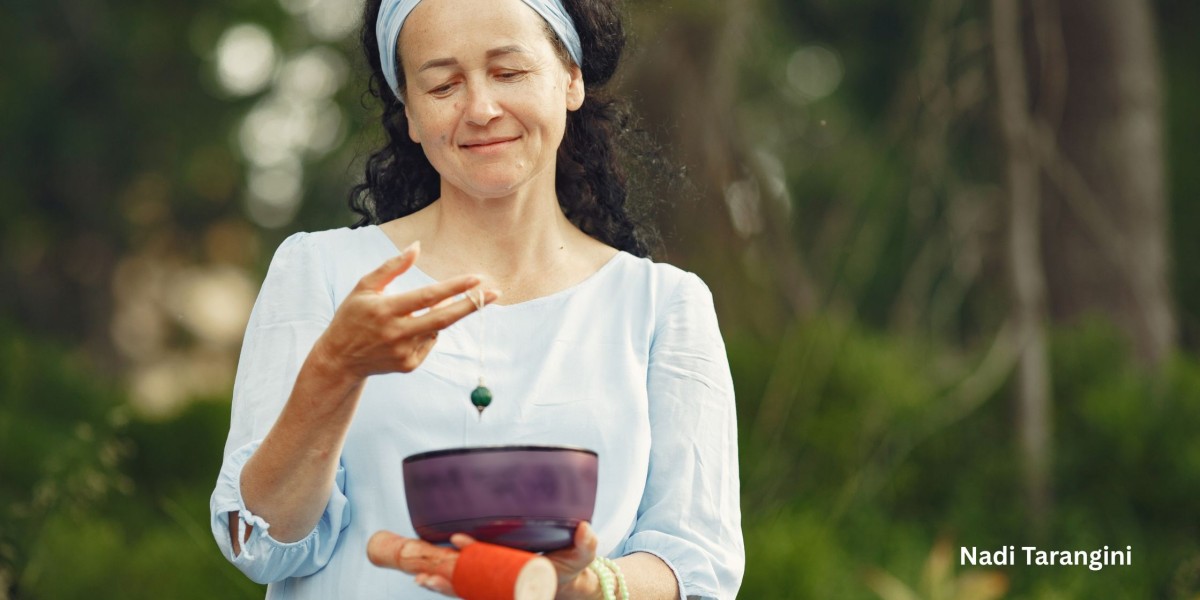As we enter the later chapters of our lives, it’s not just about living longer—it’s about living well, with dignity, purpose, and joy. The ancient wisdom of Ayurveda offers a beautiful framework for seniors to support their body, mind and spirit: not simply to “cope” with ageing, but to age gracefully and vibrantly.
Understanding the Changes of Age:
In Ayurvedic understanding, the body’s systems undergo natural shifts with time. The digestive fire (agni) may slow, the subtle reserve of vitality (ojas) might need more nourishment, and the predominant dosha (typically Vata in older age) becomes more prone to imbalance. Rather than seeing these changes as decline, Ayurveda invites us to adjust our care—so that strength, clarity and comfort can remain.
The Pillars of Ayurvedic Senior Care:
Here are key pillars tailored for later life, drawn from Ayurvedic principles:
1. Gentle Nourishment for Autumn Years
Food becomes even more central as our metabolism shifts. Prioritise warm, well-cooked meals that are easy to digest. Include whole grains, legumes, cooked vegetables, moderate healthy fats (like ghee, olive or sesame oil) and clean proteins. Spices such as cumin, coriander, fennel, and turmeric support digestion and absorption. Modern reviews note that Ayurvedic diet for seniors emphasises these features.
Seniors should avoid overly heavy, raw, or cold foods that tax digestion and increase the risk of Vata-type imbalances (dryness, restlessness, joint stiffness).
2. Daily Rhythm (Dinacharya) and Seasonal Awareness
Maintaining a gentle, consistent daily routine is deeply supportive. Waking and sleeping at roughly the same times each day, incorporating mild movement, and allowing time for rest are all important. Ayurveda also emphasises adapting to seasonal rhythms (Ritucharya) and the night/day cycle—especially helpful as strength and resilience shift with age.
For example:
A morning walk in fresh air, followed by gentle stretching or yoga.
A midday meal when digestion tends to be strongest.
A calm evening: simple, nourishing soup, warm beverage, wind-down rituals.
Prioritizing sleep in a comfortable, quiet, dark environment to allow the body and mind to regenerate.
3. Movement, Flexibility & Joint Care
With years passing, our joints, muscles and connective tissue ask for more attention. Gentle strength-preserving work (light resistance bands, body-weight movement), flexibility routines, and balance exercises are invaluable for independence and vitality.
Ayurvedic therapies like warm oil massage (Abhyanga), fomentation and comfortable yoga styles also help soothe nerves, lubricate tissues and support mobility.
4. Rejuvenation (Rasayana) & Mind-Brain Support
One of the unique contributions of Ayurveda in older age is the concept of Rasayana—a branch of rejuvenation for body and mind.
This means:
Herbs such as Ashwagandha, Amalaki (Amla), Guduchi, Brahmi may support immunity, cognition, affording a gentler ageing process.
Treatments like gentle massage, medicated oil therapies, mild detoxification can help remove accumulated stress, restore tissue vitality, and preserve mental clarity.
Engaging the mind: meditation, breath-work (pranayama), mindful practices and social connection all promote cognitive health and emotional balance.
5. Connection, Meaning & Emotional Well-being
Longevity isn’t simply a matter of cells and tissues—it’s also about heart, mind and belonging. For seniors, staying socially connected, embracing purposeful activities (hobbies, mentoring, learning), cultivating gratitude and inner calm are all part of “ageing with grace.” Ayurveda recognises that the mind and soul influence how our body experiences ageing.
A Practical Weekly Snapshot for Seniors:
Here’s how one might structure the week with Ayurvedic senior-care rhythms:
Monday: Morning: warm water + ginger; 30-minute walk; lunch cooked vegetables, dal, whole grain. Evening: light soup, wind-down reading or gentle music.
Tuesday: Gentle yoga or stretching, self-massage with warm sesame oil (10 mins); include green leafy vegetables and turmeric in meals.
Wednesday: Nature time—garden, park or simple fresh air; mid-day rest. Evening: warm milk with a pinch of nutmeg or cardamom before bed.
Thursday: Strength-maintenance: use light resistance band or body-weight exercises; dinner early, calm screen-time.
Friday: Mind-body session: 15-20 mins pranayama, breathing exercises; social connection (call a friend, join a group activity).
Saturday: Cook favourite warming recipe (e.g., khichdi with seasonal veggies); treat yourself to a massage or relaxing bath.
Sunday: Reflection, light movement, longer rest; prepare for the next week, gentle stretching before bed.
Tips & Precautions Specific to Seniors:
Always speak with a qualified Ayurvedic physician or healthcare provider—especially if taking medications or managing chronic conditions.
Herbal rejuvenation and therapies are powerful but need individual tailoring; age, constitution, existing ailments matter.
Focus on balance rather than “anti-ageing at any cost”. Ayurveda teaches that ageing is natural; graceful ageing means working with one’s body, not fighting it.
Hydration, restful sleep, moderation in all things—not overdoing but consistently doing the right things—makes the difference.
Embracing Graceful Ageing as a Journey:
Ageing is not simply an endpoint—it’s a phase of transformation, reflection, maturity and value. With Ayurveda’s guidance, seniors can step into this phase not with fear but with purpose, resilience and peaceful vitality.
By nurturing our body with warm comfort, supporting our digestion, keeping our mind engaged and our spirit alive, we build not just a longer life—but a fuller one.







